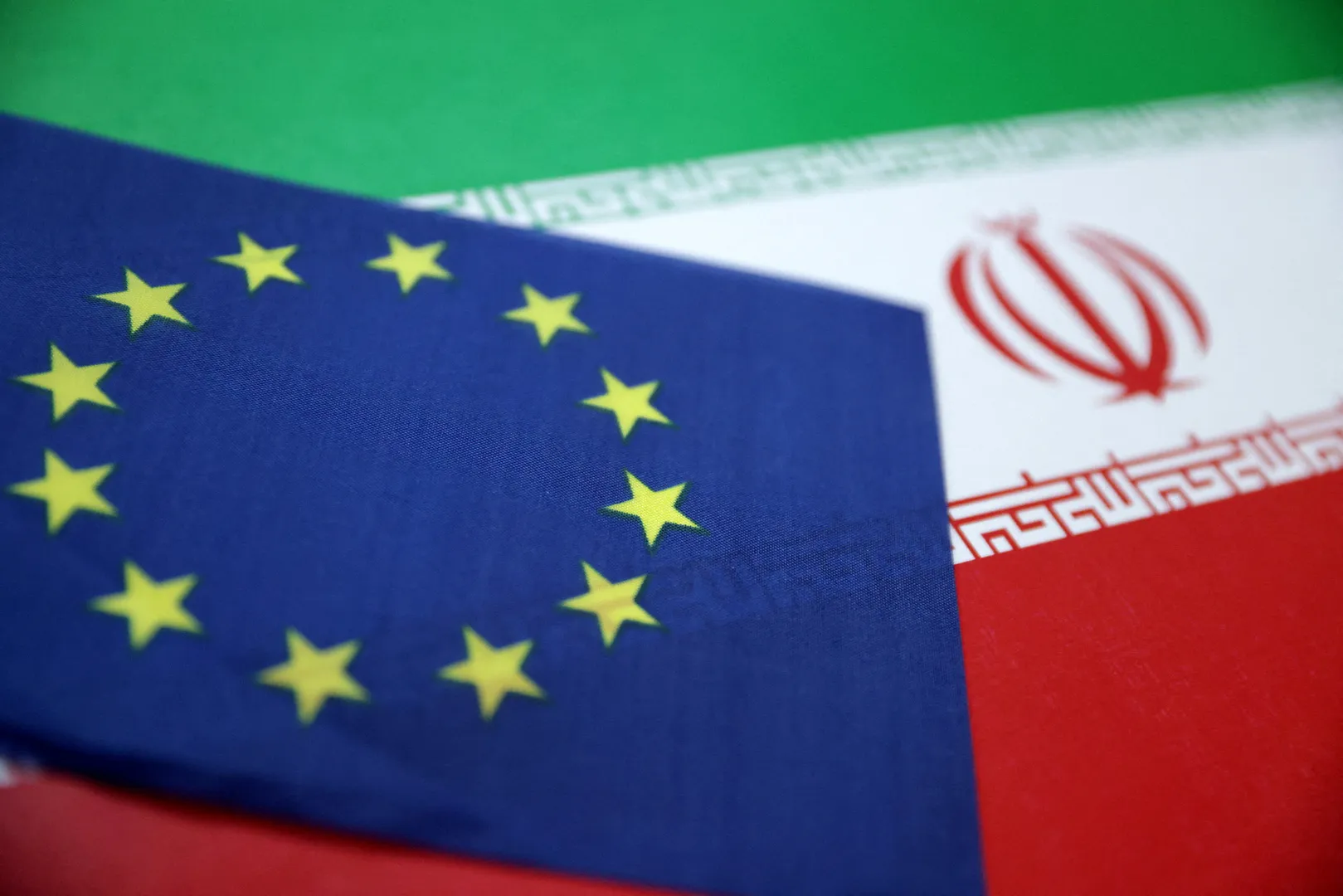Iran has declared European armies “terrorist groups” after a European Union decision to apply the same designation to the Islamic Revolutionary Guard Corps (IRGC) over a bloody crackdown on recent protests.
Parliament Speaker Mohammad Bagher Ghalibaf said on Sunday the decision was made under “Article 7 of the Law on Countermeasures Against the Declaration of the IRGC as a Terrorist Organisation”.
Recommended Stories
list of 3 itemsend of list
“Europeans have in fact shot themselves in the foot and, once again, through blind obedience to the Americans, decided against the interests of their own people,” Ghalibaf said.
EU foreign policy chief Kaja Kallas announced the bloc’s designation of the IRGC on Thursday, saying repression could not “go unanswered”.
“Any regime that kills thousands of its own people is working toward its own demise,” she wrote on social media.
The United States-based Human Rights Activists News Agency says it has confirmed 6,713 deaths during the nationwide protests that began on December 28 over economic grievances but soon evolved into a serious challenge to the government.
Iranian authorities have not announced any official arrest numbers, but said at least 3,117 people were killed during the protests, including 2,427 described as “innocent” protesters or security forces.
Internet and mobile access were cut off by the state across Iran on the night of January 8, during the height of the protests.
The IRGC is a branch of Iran’s military, established after the 1979 Iranian revolution. Operating alongside the regular armed forces, it answers directly to Supreme Leader Ayatollah Ali Khamenei and plays a central role in Iran’s defence, foreign operations, and regional influence.
Iran’s retaliatory move came amid weeks of rising tensions, with US President Donald Trump repeatedly threatening military strikes and building up its naval presence in the Middle East. Trump, however, said on Saturday that Iran was “seriously talking” with the US, hours after Iran’s top national security official said arrangements for negotiations were progressing.
Iranian officials have warned that any attack would draw a “comprehensive” response. Tehran has also planned a live-fire military drill for Sunday and Monday in the strategic Strait of Hormuz, the narrow mouth of the Gulf through which a fifth of all oil traded passes.
Meanwhile, the country’s Supreme Leader Ayatollah Ali Khamenei on Sunday said if the US attacked Iran, it would become a regional conflict.
“[Trump] regularly says that he brought ships […] The Iranian nation shall not be scared by these things, the Iranian people will not be stirred by these threats,” Khamenei said.
“We are not the initiators and do not want to attack any country, but the Iranian nation will strike a strong blow against anyone who attacks and harasses them.”

